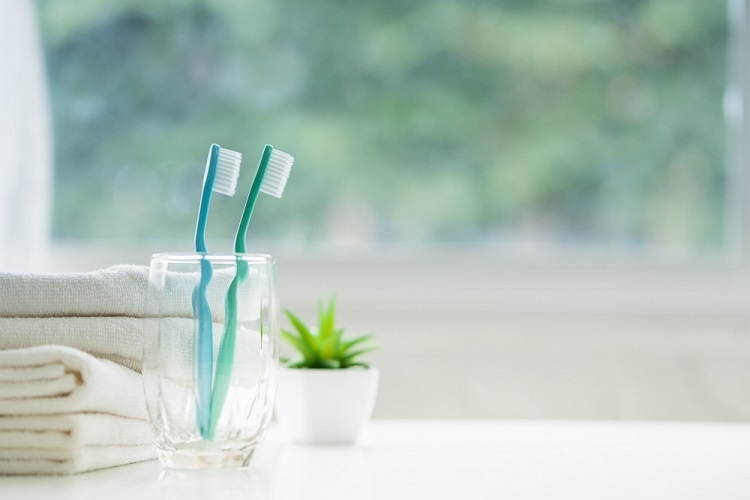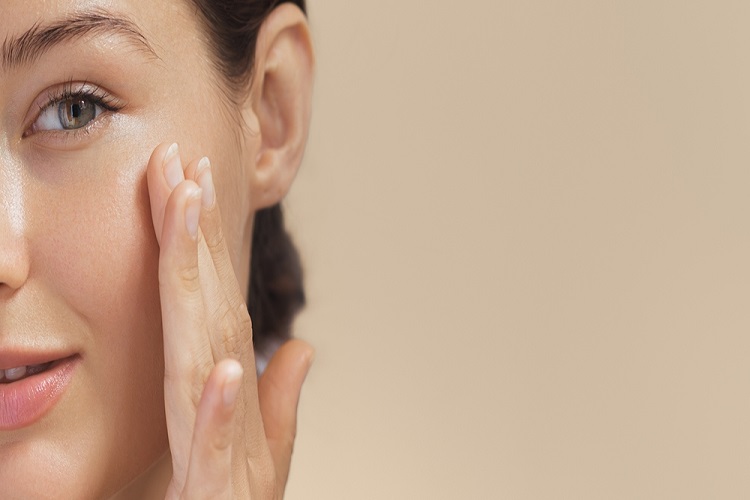The Bril Toothbrush Sterilizer is a product that aims to sanitize your toothbrush. The device uses UV light to destroy 99.9% of germs, including those that live in the bristles. This makes it possible to sanitize your toothbrush up to 24 hours per day. You simply place your toothbrush into the sanitizer and it will clean and sterilise it for you. With this process, you will feel like you’re using a brand-new toothbrush every single day.
Almost all Bril toothbrush sterilizer reviews give testament to how the device kills germs by disrupting the germ’s DNA on a microscopic level. This eliminates harmful bacteria and viruses from your toothbrush. Using this product will keep your mouth and your whole body healthy.
Another benefit of using a Bril Toothbrush Sterilizer is that it can sterilize any type of toothbrush head. It can eliminate bacteria that lead to gingivitis and gum problems. The Bril also has a cleaning feature that lets you wipe off the device with a damp cloth or cotton swab. The device also charges itself with a USB cable, so you can take it with you wherever you go.
When it comes to oral health, many people have concerns about the way their toothbrushes are cleaned. In general, 80% of toothbrushes contain harmful bacteria. This makes the Bril a great option for people who are concerned about germs. Its UV light system helps kill 99.9% of bacteria and germs on the bristles. It’s important to note that the Bril toothbrush sterilizer comes with a money-back guarantee if you’re not satisfied.
Table of Contents
Why It’s Important to Keep Your Toothbrush Clean
We all know that it’s important to brush our teeth regularly. However, sometimes we forget to properly sanitize our toothbrush. Even if we use a brush sanitizer, it may not be effective. The best way to clean your toothbrush is to wash it after using it. This prevents the spread of germs.
Keeping your toothbrush clean is important for two reasons. First, it can attract a lot of germs and bacteria. Therefore, you must make sure that you store it in an open and dry place, and make sure that you keep the bristles straight. Also, you should keep it away from other objects, especially when not in use. Moist places are ideal for bacteria growth, so don’t leave your toothbrush lying around in your bag or in your pocket.
Second, you should clean the holder or cover of your toothbrush. If you have more than one toothbrush, make sure they are kept separately. The bristles of your toothbrush are prone to bacteria, so you should store it away from the toilet or in a medicine cabinet. This also protects your toothbrush from fecal matter, which rises into the air when you flush the toilet.
Third, a clean toothbrush can help prevent bacteria from sticking to the bristles. Boiling your toothbrush can also kill microorganisms. However, it’s best to use water that isn’t too hot. Using water that’s hot or cold will damage your toothbrush’s bristles. Also, make sure you rinse your toothbrush thoroughly before using it.
Why is Tooth Hygiene So Important?
Practicing good oral hygiene is essential for keeping your teeth healthy. It is an easy way to protect your teeth from infections and other problems. Proper cleaning can also prevent the buildup of plaque near the gum lines. You should check your teeth regularly with a mirror to ensure they are clean.
Tooth decay and gum disease can be dangerous if left untreated. They can cause painful and unsightly symptoms and eventually lead to the loss of a tooth. Furthermore, the infection can spread to other parts of the body. This is why it is so important to practice good oral hygiene practices, even from an early age.
Tooth decay is one of the most common chronic diseases in childhood. It affects nearly two-thirds of children in the U.S. The condition is 5 times more prevalent than asthma and hay fever combined. Besides tooth decay, other diseases that affect the mouth include gum disease and periodontitis. Periodontitis is an infection that can lead to tooth loss and systemic inflammation.
Bad breath is caused by bacteria that metabolize food particles and produce an unpleasant odour. Practising good dental hygiene involves cleaning your teeth, gums and tongue. This way, you can avoid unpleasant breath. If you’re not sure whether you have bad breath, ask a friend to test it for you.










Comments